

Ethereum, a popular blockchain platform, plays a crucial role in the world of token economics. It allows developers to create and deploy smart contracts, which are self-executing agreements that run on the blockchain. These smart contracts enable the creation of tokens, digital assets that can represent anything from currency to loyalty points.
One key aspect of Ethereum's role in token economics is its ability to facilitate Initial Coin Offerings (ICOs), where new projects can raise funds by selling their own tokens. This has led to a boom in token sales and crowdfunding efforts, as companies look for alternative ways to finance their ventures.
To find out more click on this. Additionally, Ethereum's decentralized nature ensures that transactions are secure and transparent, without the need for intermediaries like banks or governments. This empowers individuals and businesses to transact directly with each other, cutting out unnecessary fees and delays.
Overall, Ethereum has revolutionized the way we think about money and value exchange. Its innovative technology has opened up new possibilities for financial inclusion and economic empowerment. So next time you hear about token economics, remember the vital role that Ethereum plays in shaping this exciting new frontier!
Tokens in the Ethereum ecosystem are super important for token economics. They play a crucial role in how the blockchain functions and can greatly impact the value of projects and investments on the platform.
Without tokens, there would be no way to incentivize users to participate in certain actions or transactions on the network. This could lead to a lack of engagement and ultimately hinder the growth and success of projects built on Ethereum.
Furthermore, tokens also serve as a means of exchange within decentralized applications (dApps) and smart contracts. They allow users to interact with these platforms and services, creating a more seamless experience for all parties involved.
In addition, tokens can represent ownership stakes in a project or give holders voting rights on important decisions. This level of governance helps ensure that stakeholders have a say in how the project evolves over time.
Overall, it's clear that tokens are essential for the functioning of the Ethereum ecosystem. Their importance cannot be understated when considering the impact they have on token economics and the overall success of projects built on this platform.
Ethereum and Bitcoin be two major cryptocurrencies in the market.. Many people ask, "What is Ethereum and how does it differ from Bitcoin?" Well, let me tell ya, Ethereum ain't just a digital currency like Bitcoin.

Posted by on 2024-04-28
The future outlook for the adoption of smart contracts in various industries looks promising.. Smart contracts on the Ethereum blockchain serve as a tool to automate and secure transactions, eliminating the need for intermediaries and reducing costs.
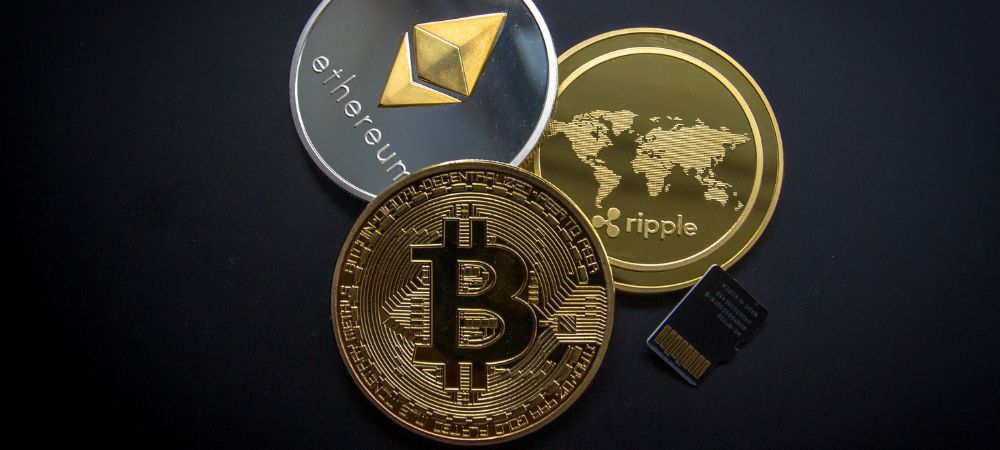
Posted by on 2024-04-28
Let's talk about the possible future developments and enhancements for Ether in the Ethereum ecosystem.. There ain't no doubt that there are many exciting possibilities on the horizon for this cryptocurrency.

Posted by on 2024-04-28
Investing in Ethereum can be a great way to grow your wealth over time.. By putting your money into this cryptocurrency, you could potentially see significant returns on your investment in the long run.
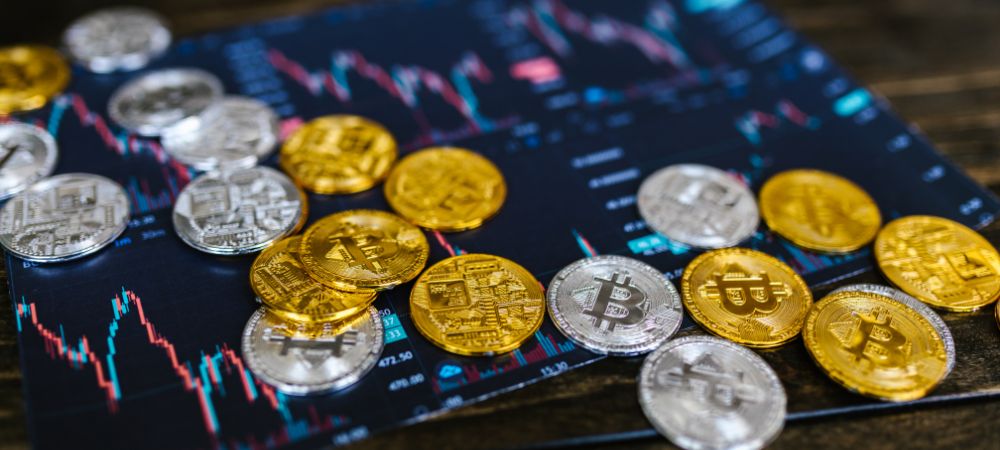
Posted by on 2024-04-28
When it comes to trading Ethereum, there are several tips that can help you maximize profits and trade like a pro.. First off, don't forget to do your research before making any trades.

Posted by on 2024-04-28
Investing in Ethereum can be a great way to secure your financial future, but there are some risks and challenges that you should consider.. One of the biggest risks is the volatility of the cryptocurrency market.
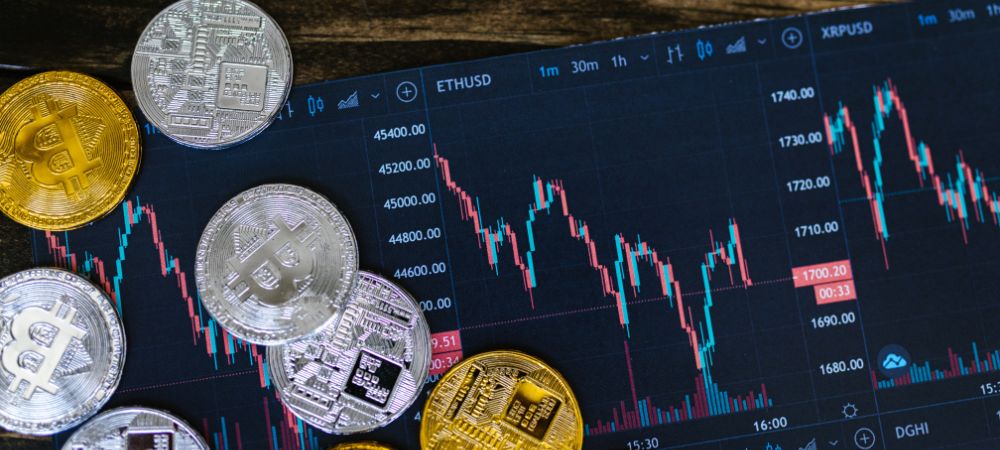
Posted by on 2024-04-28
When looking at factors influencing token value on the Ethereum platform, it's important to consider a variety of different aspects. One key factor is the overall demand for the token - if there isn't much interest in using or holding the token, its value is likely to decrease. Additionally, market conditions play a crucial role in determining token value. If there is high volatility or uncertainty in the market, this can also negatively impact the value of a token.
Another factor to consider is the level of competition within the Ethereum ecosystem. If there are many similar tokens vying for attention and usage, this can dilute the value of any individual token. Additionally, regulatory developments and legal issues can also have a significant impact on token value.
Overall, it's clear that there are many different factors that can influence the value of a token on the Ethereum platform. By staying informed and paying attention to these various factors, investors and users can make more informed decisions about buying, selling, or holding tokens on Ethereum.
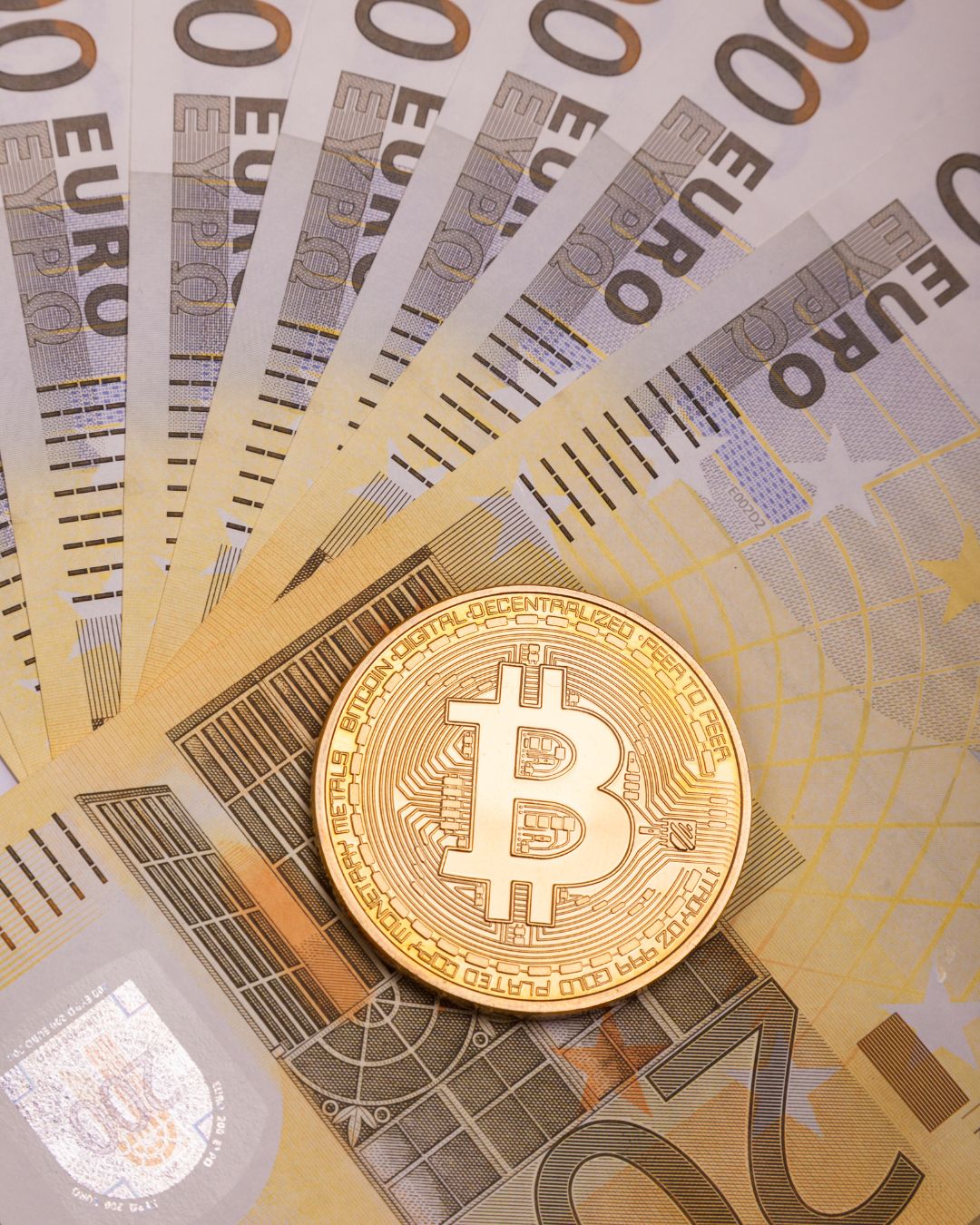
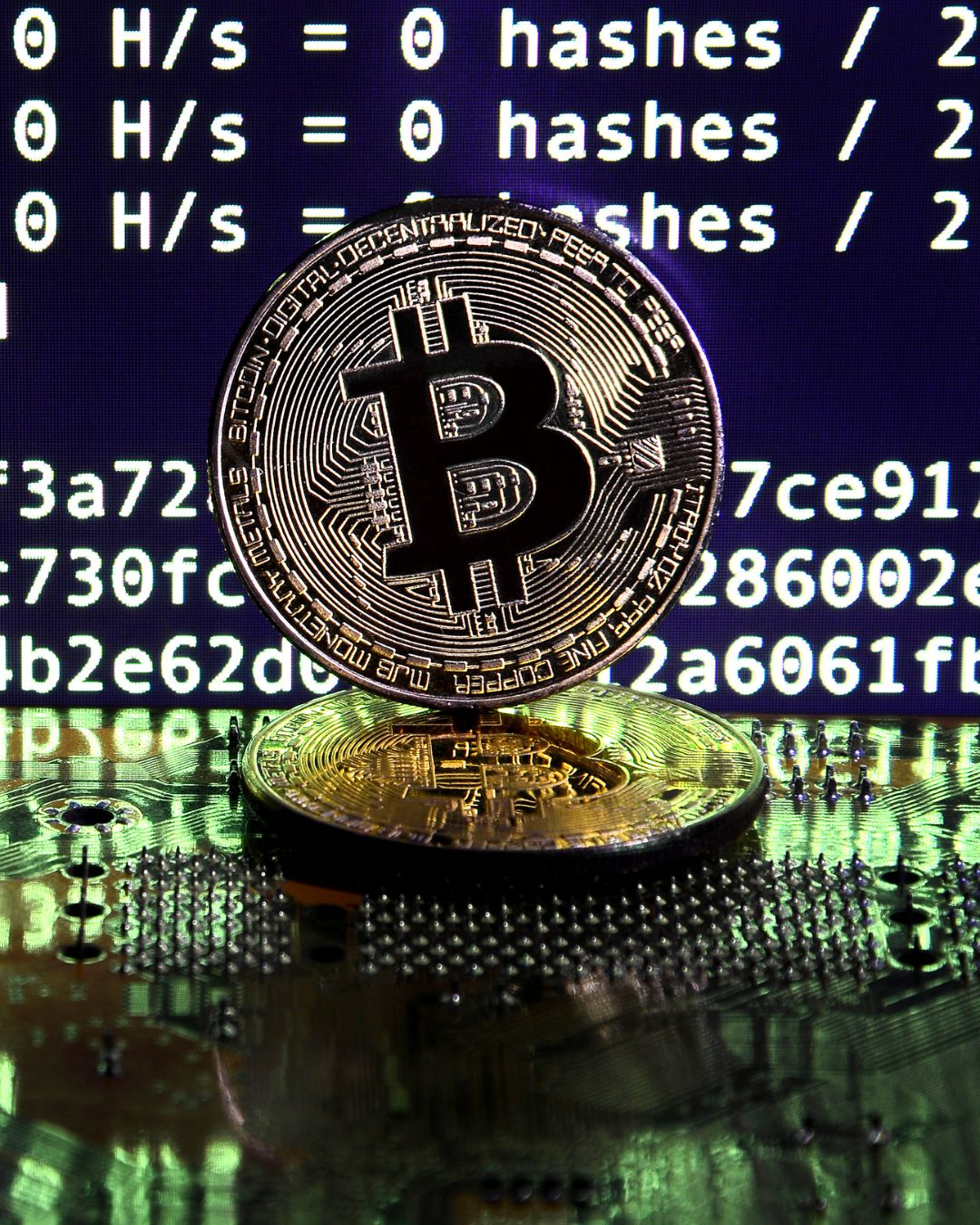
When it comes to token distribution and circulation on the Ethereum network, it's a complex process that involves various factors. The goal is to ensure that tokens are distributed fairly among users and that they circulate smoothly within the network.
One of the key aspects of token economics is creating incentives for users to participate in the network. By rewarding users with tokens for their contributions, it encourages them to actively engage with the platform. This, in turn, helps to increase the circulation of tokens within the network.
Another important factor in token distribution is ensuring that there is a balance between supply and demand. If there are too many tokens in circulation, it can lead to inflation and devalue the tokens. On the other hand, if there are too few tokens available, it can create scarcity and drive up the value of the tokens.
Overall, token economics on the Ethereum network is a crucial aspect of maintaining a healthy ecosystem. It requires careful planning and implementation to ensure that tokens are distributed and circulated effectively. By incentivizing users and balancing supply and demand, we can help create a thriving token economy on Ethereum.
Tokenomics models, used in Ethereum projects for the topic of Token economics, play a crucial role in determining the success of a project. These models help to establish the value and utility of a project's token, which can influence its adoption and overall viability.
By utilizing tokenomics models, projects can create incentives for users to participate in various activities within the ecosystem. This can help drive user engagement and contribute to the growth of the project over time. Additionally, these models can also help to ensure that tokens are distributed fairly among participants, preventing centralization and promoting decentralization.
One key aspect of tokenomics models is the concept of supply and demand. By carefully managing the supply of tokens and creating mechanisms for increasing demand, projects can maintain a healthy balance that supports long-term sustainability. Furthermore, by incorporating features such as staking rewards or token burns, projects can further incentivize desirable behaviors from participants.
Overall, tokenomics models are an essential component of any Ethereum project looking to achieve success in today's competitive landscape. By carefully crafting these models with consideration for factors such as community engagement and economic incentives, projects can position themselves for long-term growth and sustainability.

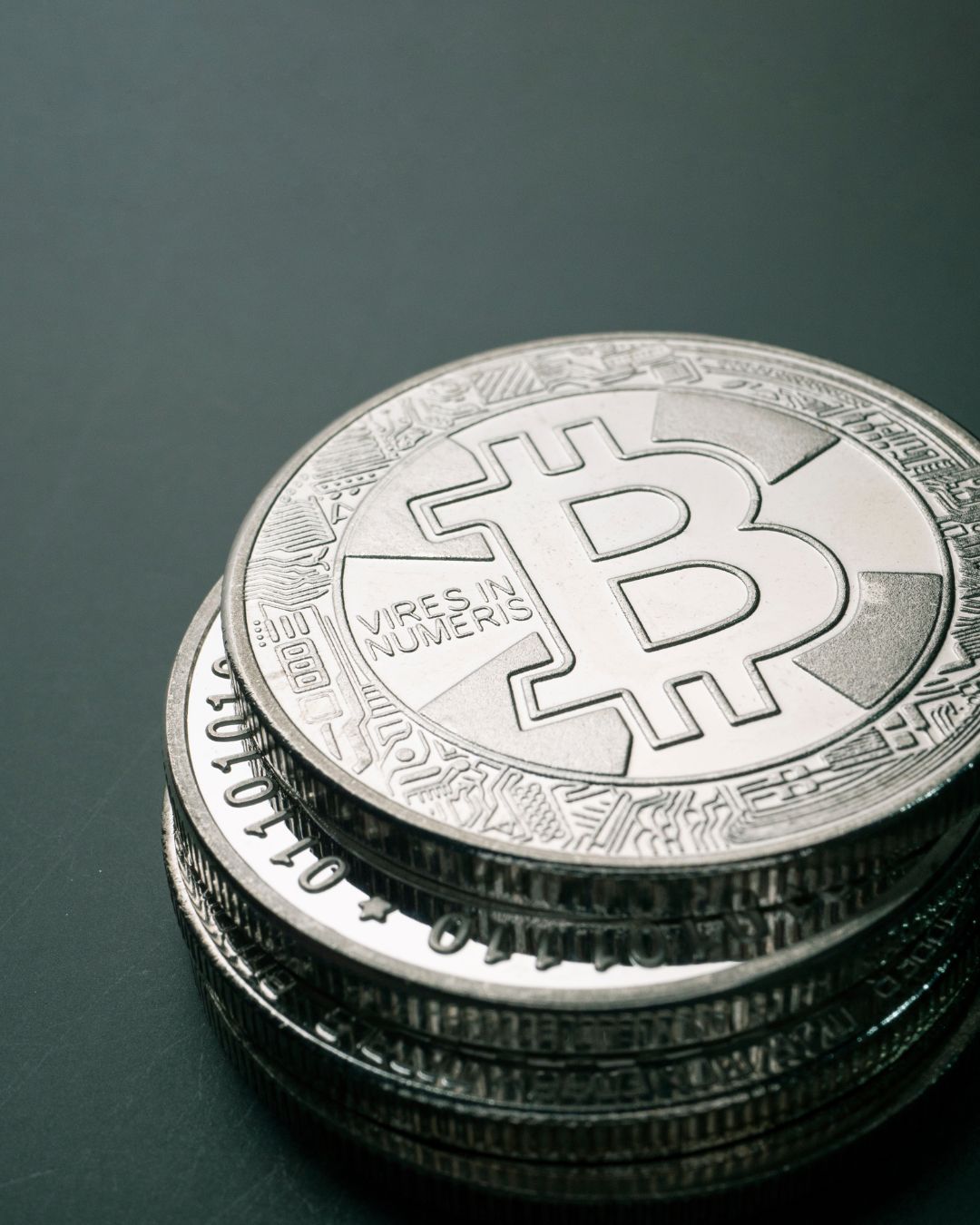
Token economics within the Ethereum ecosystem presents a myriad of challenges and opportunities for those involved. From creating new tokens to managing their value, there are many factors at play that can impact the success of a project.
One of the biggest challenges in token economics is ensuring that the tokens have real-world value and utility. Without this, investors may not see the point in buying or holding onto them. This can be especially difficult in a market where many projects fail to deliver on their promises.
Another challenge is managing the supply and demand of tokens. If there are too many tokens available, their value can plummet. On the other hand, if there are too few, it can create scarcity and drive up prices artificially.
However, despite these challenges, there are also numerous opportunities within token economics. For example, by using smart contracts on the Ethereum blockchain, developers can create unique tokenomic structures that incentivize certain behaviors or actions.
Additionally, with the rise of decentralized finance (DeFi) platforms on Ethereum, there are more opportunities than ever to integrate tokens into various financial products and services.
In conclusion, while there are certainly challenges to navigate within token economics in the Ethereum ecosystem, there are also plenty of exciting opportunities waiting to be explored. By staying informed and adapting to changes in the market, individuals and projects can find success in this dynamic environment.